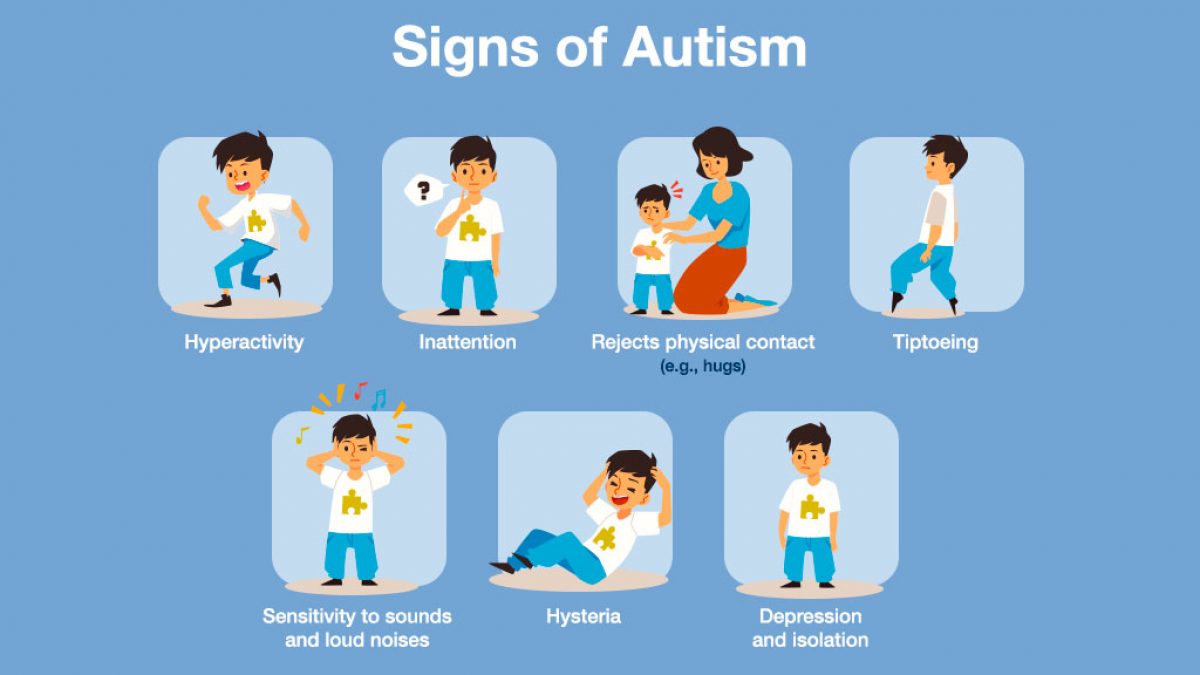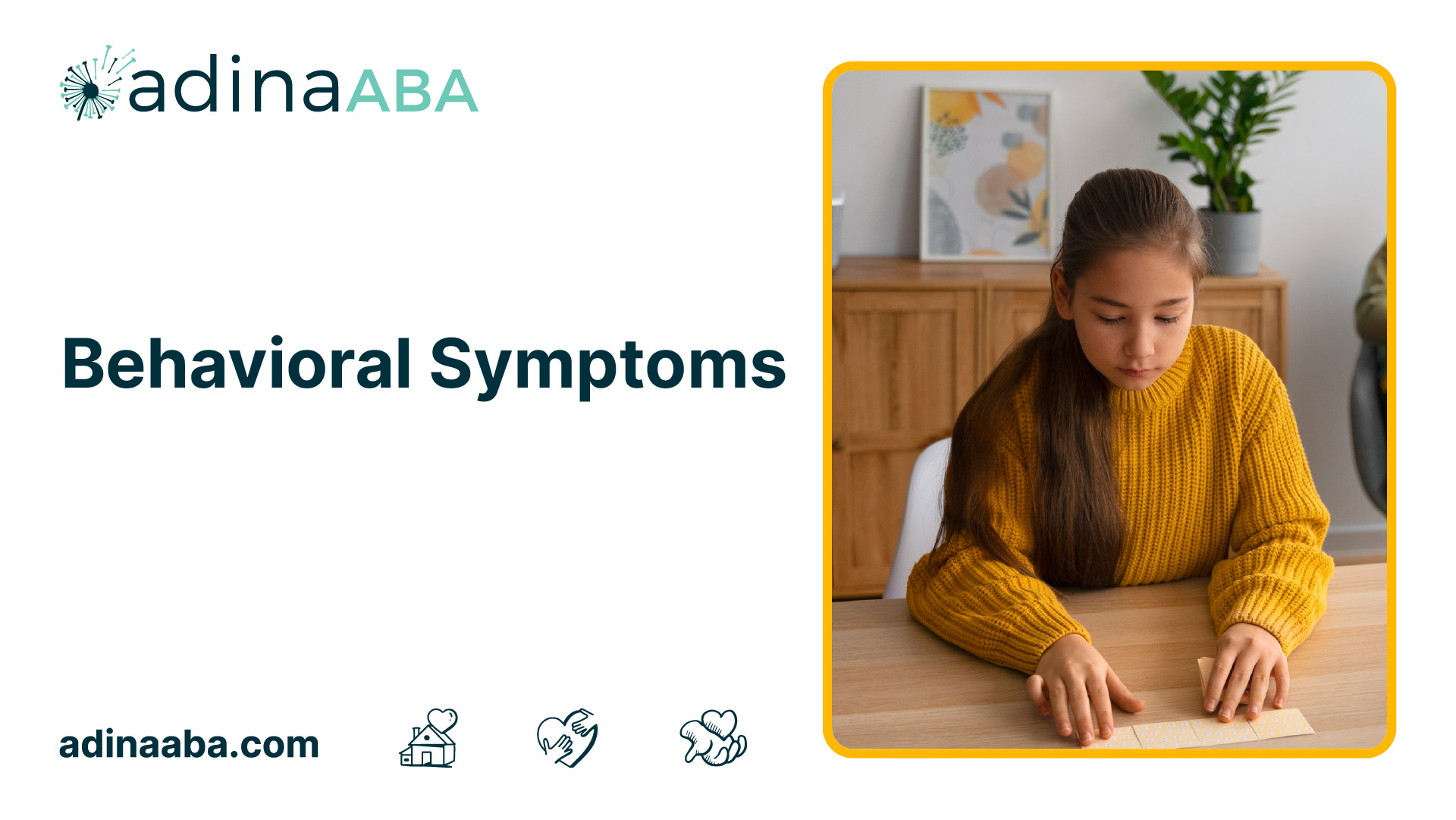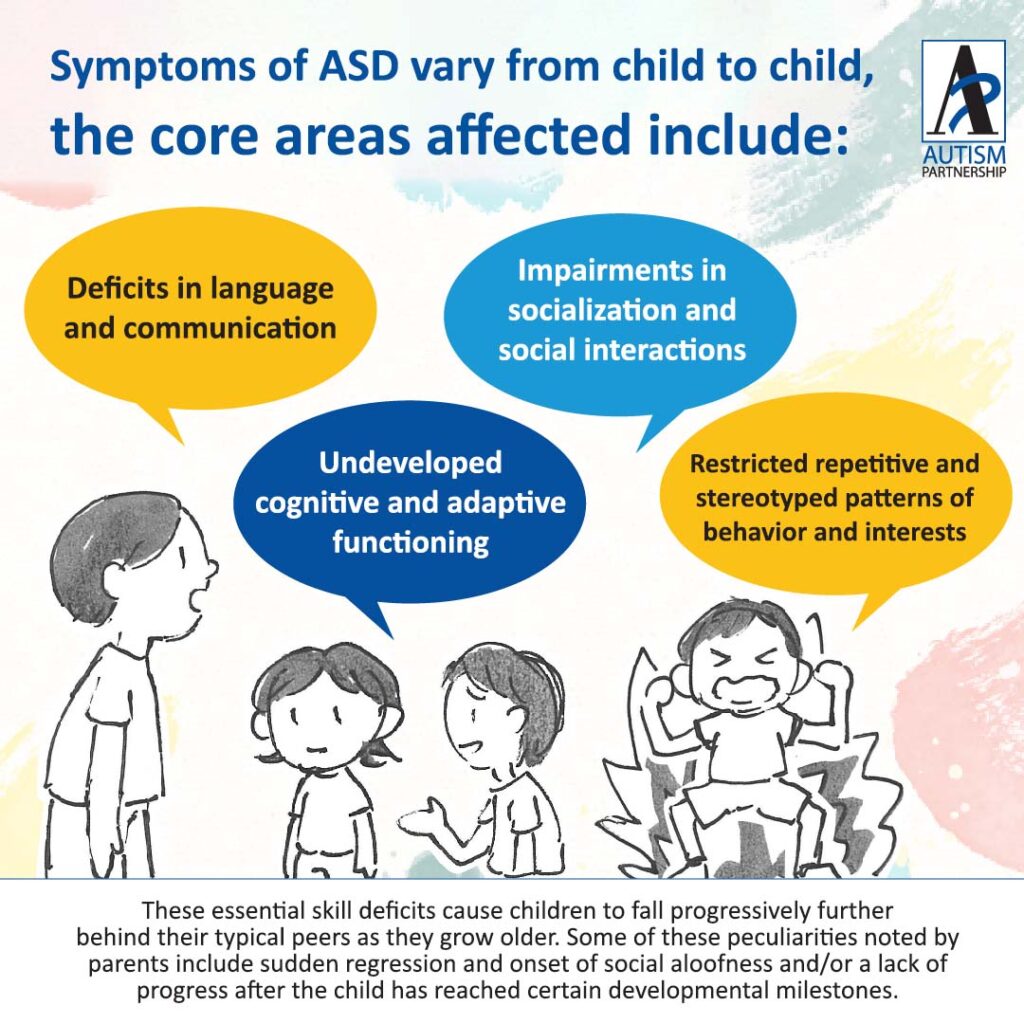Comprehensive guide for working with Autism Spectrum Therapies
Recognizing the Impact of Behavioral Autism on Daily Life and Social Communications
You might not understand exactly how deeply behavioral autism influences everyday life and social interactions. People on the spectrum often browse a world loaded with communication obstacles and sensory overload. These challenges can lead to frustration and seclusion, impacting their partnerships and overall well-being.
Defining Behavior Autism and Its Characteristics
Behavior autism, commonly referred to as autism spectrum problem (ASD), encompasses a series of conditions identified by challenges in social communication, communication, and recurring habits. You could discover that people with ASD often have a hard time to analyze social cues, which can bring about misunderstandings in discussions. They might find it hard to establish eye call or involve in small talk, making social situations really feel frustrating.
Communication troubles can show up in various means, from postponed speech growth to a choice for utilizing less words. By acknowledging these attributes, you can cultivate a setting that advertises approval and motivates reliable interaction, aiding individuals with autism flourish in their everyday interactions.
The Spectrum of Autism: Comprehending Variability in Behavior
Autism range disorder (ASD) isn't a one-size-fits-all medical diagnosis; it varies extensively amongst people. You might run into individuals that are extremely verbal and involve quickly in conversations, while others could like solitary tasks or connect non-verbally.
Furthermore, the way people with ASD reply to sensory input can differ greatly; some could be bewildered by brilliant lights or loud noises, whereas others thrive in boosting environments. The range also consists of differences in social communications; some individuals might struggle to analyze social signs, while others browse social setups with loved one ease. Understanding this variability is vital, as it aids you appreciate everyone's one-of-a-kind experience and tailor support to their details needs, cultivating a more inclusive setting for every person.
Communication Difficulties Encountered by Individuals With Autism
When you engage with people on the autism range, you might discover their special interaction difficulties. They frequently deal with troubles with both nonverbal and verbal hints, which can affect their social communications. Recognizing these obstacles is vital for cultivating better connections and support.

Verbal Interaction Difficulties
Many individuals on the autism range experience verbal interaction troubles that can considerably impact their daily interactions. You might find it challenging to express your thoughts, feelings, or requires plainly. This can result in stress for both you and those around you, as misconceptions take place. You might fight with initiating conversations, preserving a topic, or comprehending nuances in speech. Typically, you may like making use of basic language or repeated phrases, which can limit your ability to participate in much deeper conversations. Your pace, volume, or tone could not straighten with social assumptions, triggering others to misinterpret your objectives. Recognizing these challenges can help you and your assistance network establish techniques to improve interaction and cultivate much better connections with others in your day-to-day live.
Nonverbal Interaction Obstacles
Verbal communication isn't the only challenge individuals on the autism spectrum face; nonverbal communication barriers can be just as considerable. These obstacles can lead to misconceptions or misinterpretations of social cues, making interactions feel complicated or frustrating. By addressing nonverbal communication, you can find techniques to enhance your social experiences and improve your general high quality of life.
Social Interaction Effects
Social communications can typically feel overwhelming due to the unique interaction difficulties faced by individuals with autism. Identifying these difficulties can aid you discover strategies to enhance interaction, such as practicing social abilities in safe settings or utilizing visual aids. Recognizing your demands enables you to navigate social interactions with higher self-confidence and convenience.
Social Interaction and Connection Structure in Autism
While building connections can be testing for people with autism, understanding their special perspectives and communication styles can promote meaningful connections. You may see that numerous individuals on the spectrum favor straight communication and may battle with social signs or small talk. By being simple in your communications, you can aid develop a setting where they really feel comfortable.
Engaging in shared interests can also offer as a bridge to much deeper connections. Whether it's a pastime, a preferred program, or a mutual passion, these common threads can open doors to relationship.
Life Routine: Browsing Strategies and obstacles
Steering day-to-day life regimens can be especially challenging for individuals with autism, specifically when unforeseen adjustments happen. You may discover comfort in having a structured timetable, as it helps you expect what's following. When interruptions happen, it's regular to feel overloaded or anxious. To browse these difficulties, think about executing aesthetic schedules or checklists. These devices can supply clearness and peace of mind.
Establishing a routine that consists of sensory breaks can also be advantageous. You can intend time-outs throughout your day to reenergize. It's necessary to interact with those around you, allowing them know your requirements and choices. This helps produce an understanding setting.
Finally, technique mindfulness strategies to take care of stress and stress and anxiety. Straightforward breathing workouts or grounding strategies can make a significant difference. By including these strategies, you can boost your daily routine and lessen disturbances, making life feel much more workable.
Strengths and Capabilities of People on the Autism Spectrum
Recognizing day-to-day life regimens is simply one aspect of the autism experience. Numerous individuals on the autism spectrum possess amazing toughness and capabilities that set them apart.
Moreover, your memory skills commonly find more information beam, particularly in locations of passion. Aba Therapist. This flair for maintaining info can make you a valuable resource in fields like science, modern technology, or art. You may also exhibit solid aesthetic thinking, enabling you to imagine complicated principles and address issues creatively
Additionally, your one-of-a-kind point of view on the globe can promote empathy and understanding in others, improving social communications. Embracing these toughness not only boosts your self-confidence but additionally assists others appreciate the varied talents you give the table.
Creating Comprehensive Atmospheres for Individuals With Autism
Developing comprehensive settings for individuals with autism begins with developing sensory-friendly rooms that satisfy their special needs. You can additionally foster chances for social communication, assisting to construct connections see and relationships. By making these changes, you'll contribute to a more inviting ambience for everyone.
Creating Sensory-Friendly Spaces
While developing sensory-friendly rooms, it's important to assess the unique demands of individuals with autism. Begin by picking calming colors and soft lights to develop a calming setting. Incorporate peaceful zones where people can charge and pull away when bewildered. You'll want to lessen loud sounds and interruptions, making use of soundproof products or white sound equipments to aid maintain tranquility. Take into consideration responsive components like soft materials or fidget-friendly objects that can offer convenience. Identify that rooms are adaptable, permitting very easy reformation to accommodate different tasks. Consist of aesthetic timetables or clear signs to aid people browse the space confidently. By thoughtfully integrating these components, you can develop a welcoming environment that supports sensory needs and promotes total health.
Advertising Social Communication Opportunities
Creating sensory-friendly rooms not only addresses private convenience but likewise sets the stage for purposeful social interactions among individuals with autism. Encourage peer mentoring, coupling individuals with autism with helpful peers that can lead them through social circumstances. By applying these techniques, you can improve social possibilities, helping individuals with autism construct relationships and strengthen their social skills in a risk-free, inviting setting.

Frequently Asked Questions
Just How Can Buddies Support Somebody With Behavioral Autism?
You can support a good friend with behavior autism by being person, paying attention proactively, and valuing their boundaries. Engage in tasks they enjoy, communicate openly, and develop a comfy setting where they really feel valued and comprehended.
What Resources Are Readily Available for Moms And Dads of Kid With Autism?
You can explore different sources for parents of kids with autism, consisting of assistance groups, instructional web sites, and regional social work. Getting in touch with various other parents can additionally offer valuable understandings and shared experiences to aid browse obstacles.
Can Behavioral Autism Modification With Time?

Yes, behavioral autism can alter over time. You may see shifts in interaction, social abilities, and behavior as your kid expands. Early treatment and support typically play essential functions in these developmental modifications.
Just How Do Sensory Sensitivities Impact Daily Life?
Sensory sensitivities can make day-to-day experiences overwhelming. You may battle with bright lights or loud sounds, resulting in stress and anxiety or evasion. Finding environments that fit your requirements can substantially improve your convenience and overall day-to-day live.
What Prevail Misconceptions Regarding Behavioral Autism?
You may think behavioral autism just influences interaction skills, but it's more facility. Lots of assume people do not have compassion or knowledge, which isn't real. Understanding these misconceptions helps foster approval and support for those on the spectrum.
Behavioral autism, typically referred to as autism spectrum condition (ASD), incorporates a variety of conditions defined by helpful hints obstacles in social communication, interaction, and recurring actions.Social interactions can often really feel overwhelming due to the one-of-a-kind interaction challenges encountered by individuals with autism.Designing sensory-friendly rooms not only addresses private comfort however also sets the phase for meaningful social communications among people with autism. Motivate peer mentoring, combining individuals with autism with helpful peers who can guide them via social circumstances. By applying these methods, you can boost social opportunities, aiding individuals with autism construct relationships and enhance their social skills in a risk-free, welcoming environment.